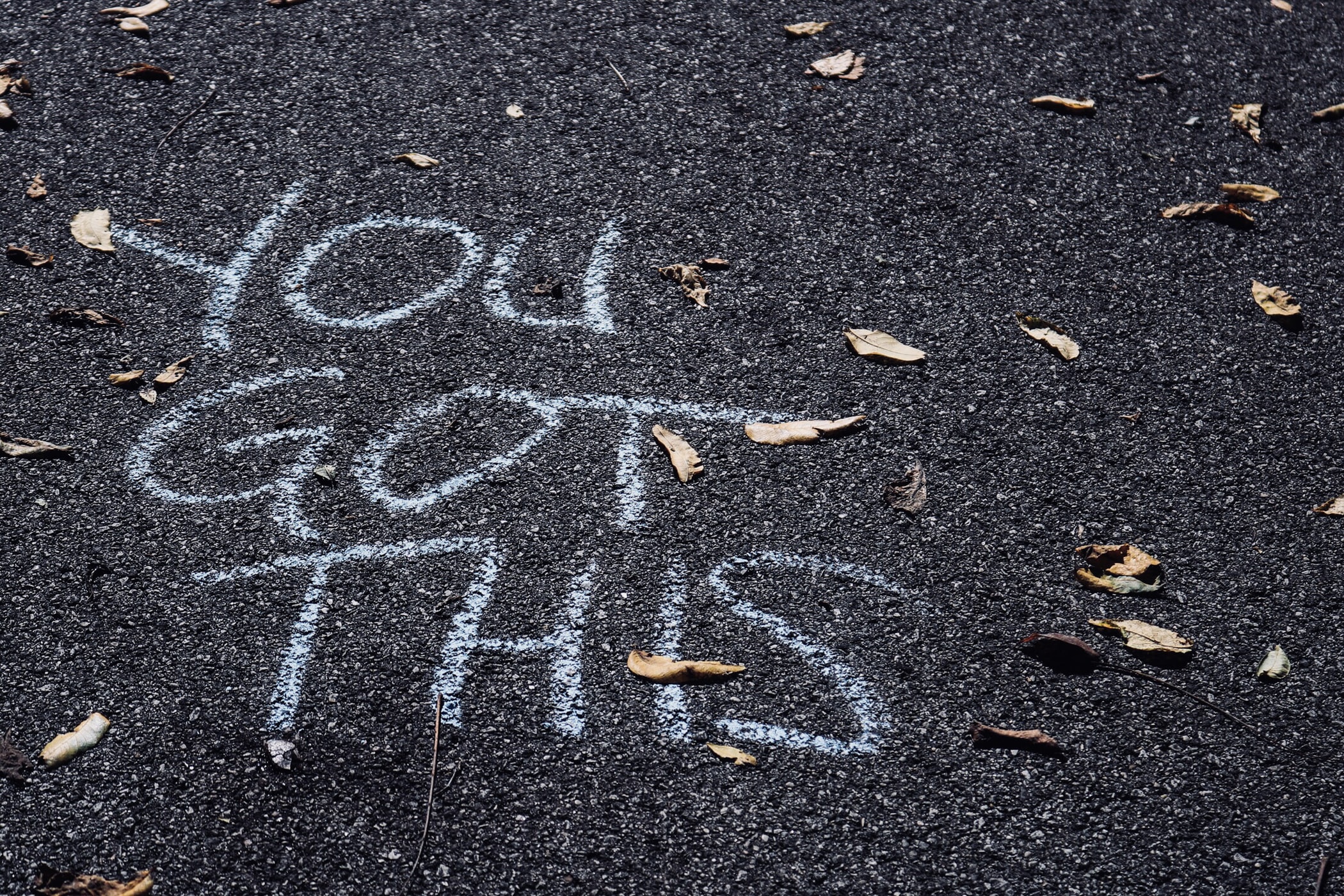
- Inspiring People -
- 12mins -
- 101 views
Coronavirus Anxiety: 10 Tips to Cope with the Stress, Fear, and Uncertainty
Fears about coronavirus can be overwhelming—especially if you already live with an anxiety disorder—but the situation is not unmanageable. These tips can help you get through this stressful time (when you’re not busy washing your hands ?)
Top tips to cope with stress during coronavirus outbreak
It would be easy to cower in fear in the face of all this uncertainty and unpredictability, but experts insist there is still room for optimism. In Italy, one of the primary hot spots of the pandemic, the number of recoveries continues to rise above its death toll.
A new study shows that often-milder cases, while prolific, are about half as infectious as confirmed ones. And a team of researchers from McMaster University and the University of Toronto have isolated the agent within the novel coronavirus that will help the world develop better diagnostic tools and, eventually, a vaccine.
There is time to change the course of Covid-19, but it is easy to lose sight of this when we’re so wrapped up in hand washing, stockpiling and practicing social distancing. Here are 10 tips to help stay centered, refrain from giving in to our worst fears and be better prepared for whatever our collective future holds.

1. Know the facts.
It’s important to stay informed, particularly about what’s happening in your community, so you can follow advised safety precautions and do your part to slow the spread of coronavirus. However, there is a lot of mis-information going around, as well as sensationalistic coverage that only feeds into fear. It’s important to be discerning about what you read and watch — but don’t overdo it, either, as too much information can aggravate stress.
- Stick to trustworthy sources such as the CDC, the World Health Organization, and your local public health authorities.
- Limit how often you check for updates. Constant monitoring of news and social media feeds can quickly turn compulsive and counterproductive—fueling anxiety rather than easing it. The limit is different for everyone, so pay attention to how you’re feeling and adjust accordingly.
- Step away from media if you start feeling overwhelmed. If anxiety is an ongoing issue, consider limiting your media consumption to a specific time frame and time of day (e.g. thirty minutes each evening at 6 pm).
- Ask someone reliable to share important updates. If you’d feel better avoiding media entirely, ask someone you trust to pass along any major updates you need to know about.
- Be careful what you share. Do your best to verify information before passing it on. Snopes’ Coronavirus Collection is one place to start. We all need to do our part to avoid spreading rumors and creating unnecessary panic.
2. Focus on the things you can control
During a time of massive upheaval, there are so many things outside of our control, including how long the pandemic lasts, how other people behave, and what’s going to happen in our communities. But as long as we’re focusing on questions with unknowable answers and circumstances beyond our personal control, this strategy will get us nowhere—aside from feeling drained, anxious, and overwhelmed.
So, when you feel yourself getting caught up in fear of what might happen, try to shift your focus to things you can control. For example, you can’t control how severe the coronavirus outbreak is in your city or town, but you can take steps to reduce your own personal risk (and the risk you’ll unknowingly spread it to others), such as:
- washing your hands frequently (for at least 20 seconds) with soap and water or a hand sanitizer that contains at least 60% alcohol.
- avoiding touching your face (particularly your eyes, nose, and mouth).
- staying home as much as possible, even if you don’t feel sick.
- avoiding crowds and gatherings of 10 or more people.
- avoiding all non-essential shopping and travel.
- keeping 6 feet of distance between yourself and others when out.
- getting plenty of sleep, which helps support your immune system.
- following all recommendations from health authorities.
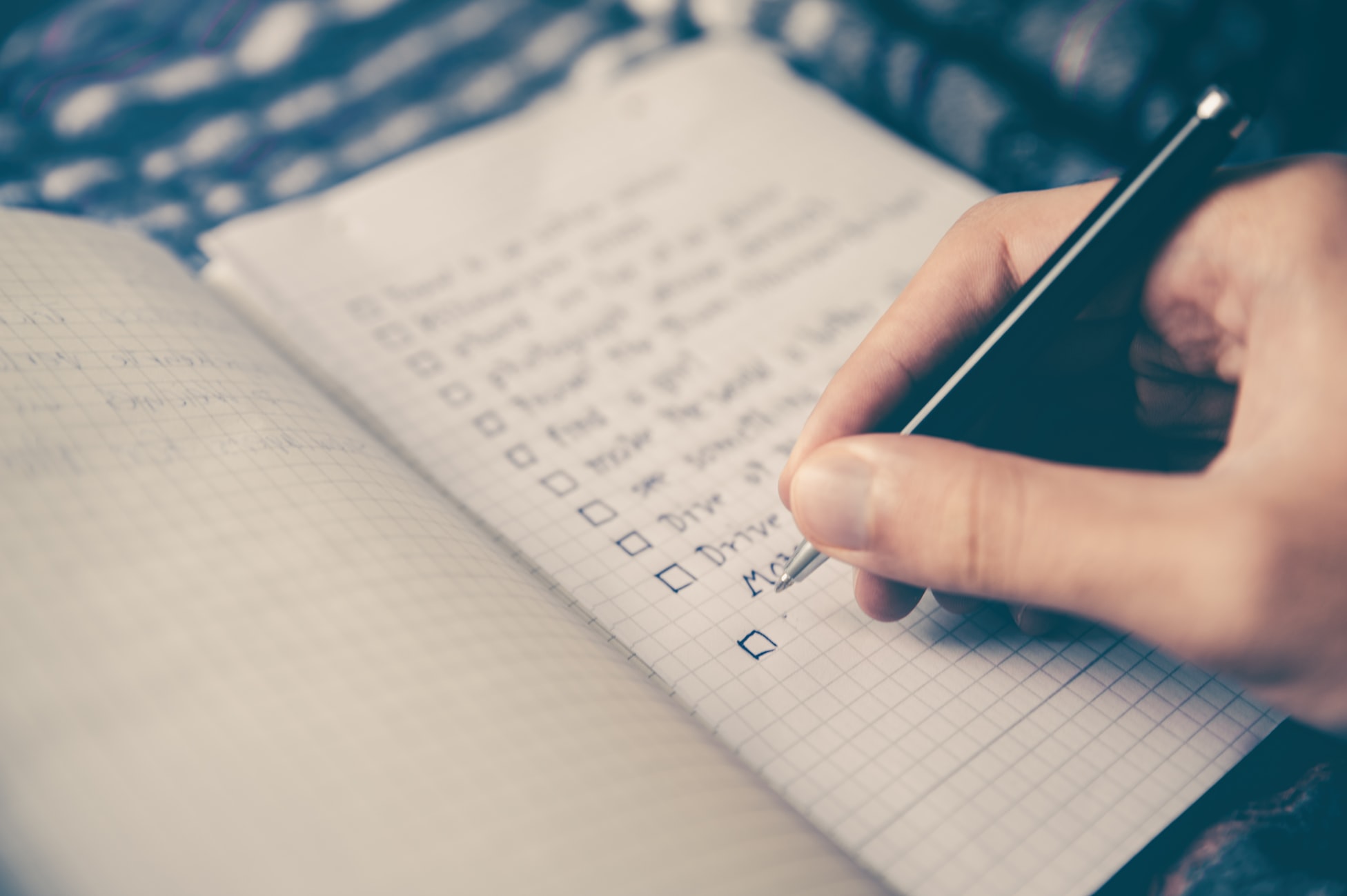
3. Plan where you can
It’s natural to be concerned about what may happen if your workplace closes, your children have to stay home from school, you or someone you love gets sick, or you have to self-quarantine. While these possibilities can be scary to think about, being proactive can help relieve at least some of the anxiety.
- Write down specific worries you have about how coronavirus may disrupt your life. If you start feeling overwhelmed, take a break.
- Make a list of all the possible solutions you can think of. Try not to get too hung up on “perfect” options. Include whatever comes to mind that could help you get by.
- Focus on concrete things you can problem solve or change, rather than circumstances beyond your control.
- After you’ve evaluated your options, draw up a plan of action. When you’re done, set it aside and resist the urge to go back to it until you need it or your circumstances significantly change.
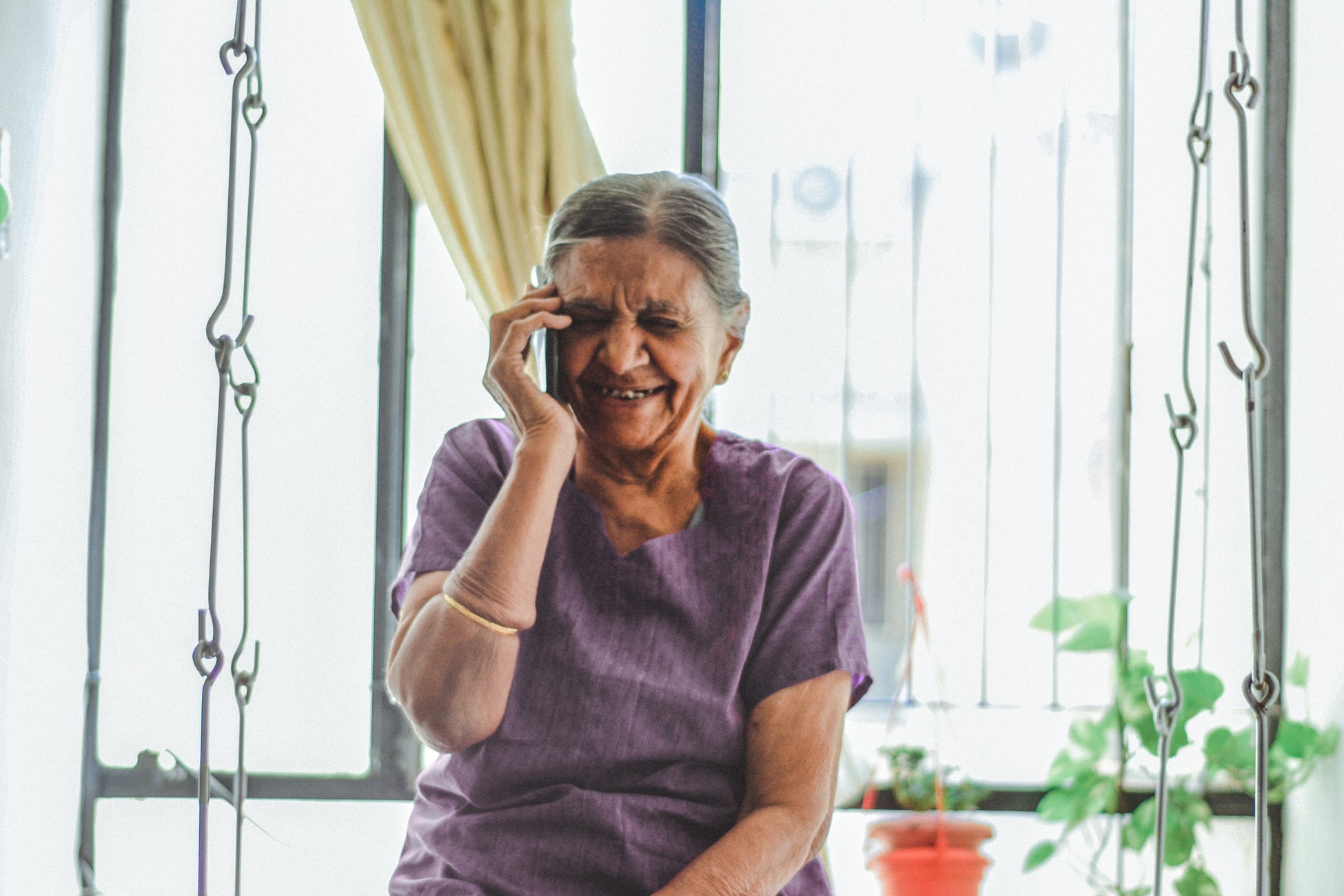
4. Stay connected—even if you’re physically isolated
Evidence shows that many people with coronavirus—particularly young, seemingly healthy people—don’t have symptoms but can still spread the virus. That’s why the biggest thing that most people can do right now to make a positive difference is to practice social distancing.
But social distancing comes with its own risks, say HelpGuide. Humans are social animals and we’re hardwired for connection. Isolation and loneliness can magnify anxiety and depression, and even impact our physical health. That’s why it’s important to stay connected as best we can and reach out for support when we need it, even as we cut back on in-person socialising.
- Make it a priority to stay in touch with friends and family. If you tend to withdraw when depressed or anxious, think about scheduling regular phone, chat, or Skype dates to counteract that tendency.
- While in-person visits are limited, substitute video chatting if you’re able. Face-to-face contact is like a “vitamin” for your mental health, reducing your risk of depression and helping ease stress and anxiety.
- Social media can be a powerful tool—not only for connecting with friends, family, and acquaintances—but for feeling connected in a greater sense to our communities, country, and the world. It reminds us we’re not alone.
- That said, be mindful of how social media is making you feel. Don’t hesitate to mute keywords or people who are exacerbating your anxiety. And log off if it’s making you feel worse.
- Don’t let coronavirus dominate every conversation. It’s important to take breaks from stressful thoughts about the pandemic to simply enjoy each other’s company—to laugh, share stories, and focus on other things going on in our lives.

5. Take care of your body and spirit
This is an extraordinarily trying time, and all the tried-and-true stress management strategies apply, such as eating healthy meals, getting plenty of sleep, and meditating. Beyond that, HelpGuide published some excellent tips for practicing self-care in the face of the unique disruptions caused by the coronavirus.
- Be kind to yourself. Go easy on yourself if you’re experiencing more depression or anxiety than usual. You’re not alone in your struggles.
- Maintain a routine as best you can. Even if you’re stuck at home, try to stick to your regular sleep, school, meal, or work schedule. This can help you maintain a sense of normalcy.
- Take time out for activities you enjoy. Read a good book, watch a comedy, play a fun board or video game, make something—whether it’s a new recipe, a craft, or a piece of art. It doesn’t matter what you do, as long as it takes you out of your worries.
- Get out in nature, if possible. Sunshine and fresh air will do you good. Even a walk around your neighbourhood can make you feel better. Just be sure to avoid crowds, keep your distance from people you encounter, and obey restrictions in your area.
- Find ways to exercise. Staying active will help you release anxiety, relieve stress, and manage your mood. While the gym and group classes are out, you can still cycle, hike, or walk. Or if you’re stuck at home, look online for exercise videos you can follow. There are many things you can do even without equipment, such as yoga and exercises that use your own bodyweight.
- Avoid self-medicating. Be careful that you’re not using alcohol or other substances to deal with anxiety or depression. If you tend to overdo it in the best of times, it may be a good idea to avoid for now.
- Take up a relaxation practice. When stressors throw your nervous system out of balance, relaxation techniques such as deep breathing, meditation, and yoga can bring you back into a state of equilibrium. Regular practice delivers the greatest benefits, so see if you can set aside even a little time every day.
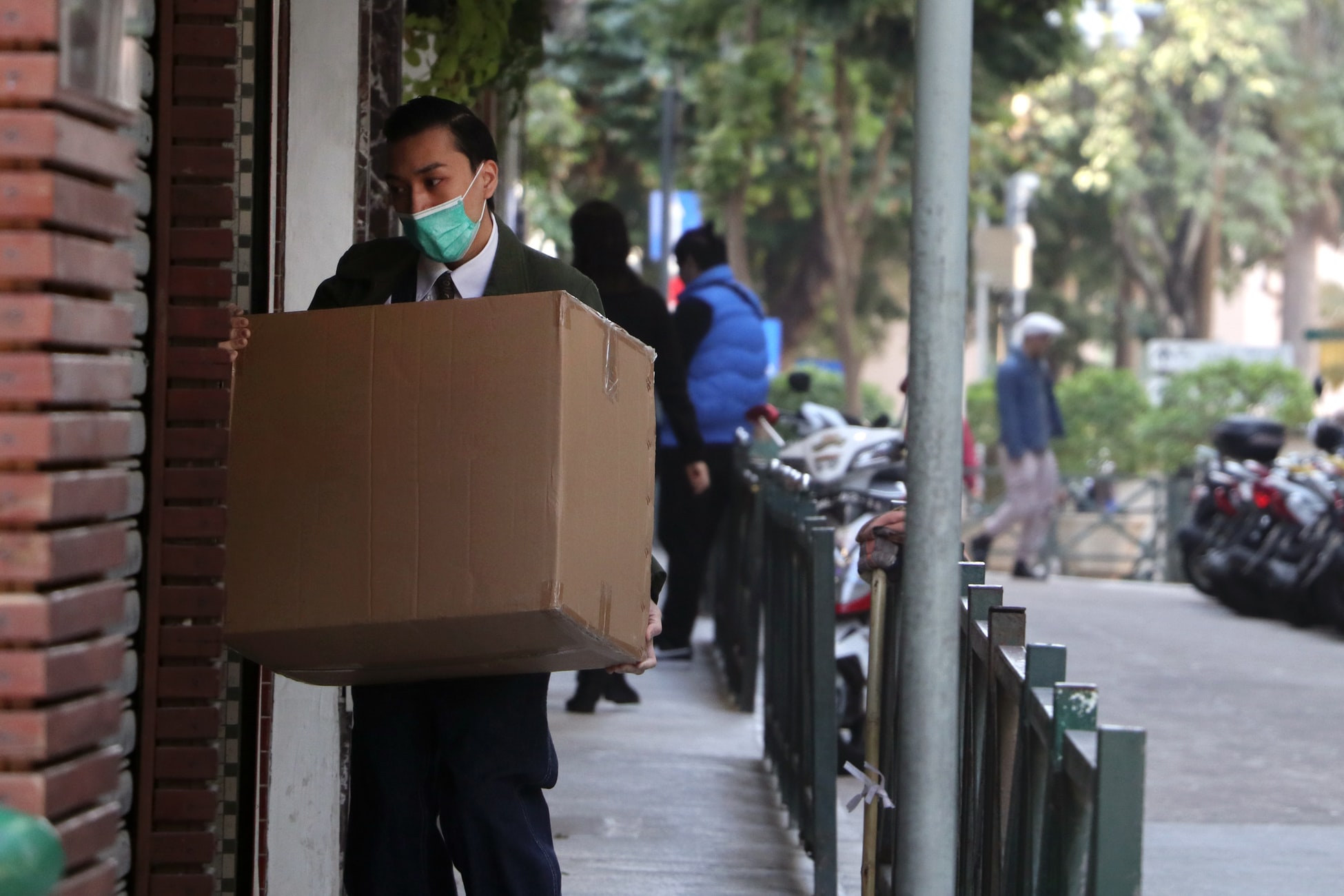
6. Help others (it will make you feel better too)
In uncertain times like this, it’s easy to be blinded by your own fears and concerns. But amid all the stories of people fighting over toilet paper or lining up outside gun stores to arm themselves, it’s important to take a breath and remember that we’re all in this together. As a quote circulating in Italy reminds us: “We’re standing far apart now so we can embrace each other later.”
Donate to food banks. Panic-buying and hoarding have not only left grocery store shelves stripped bare but have also drastically reduced supplies to food banks. You can help older adults, low-income families, and others in need by donating food or cash.
Be a calming influence. If friends or loved ones are panicking, try to help them gain some perspective on the situation. Instead of scaremongering or giving credence to false rumors, refer them to reputable news sources. Being a positive, uplifting influence in these anxious times can help you feel better about your own situation too.
Be kind to others. An infectious disease is not connected to any racial or ethnic group, so speak up if you hear negative stereotypes that only promote prejudice. With the right outlook and intentions, we can all ensure that kindness and charity spread throughout our communities even faster than this virus.
Suggestions by Melinda Smith, M.A., and Lawrence Robinson. Source: HelpGuide
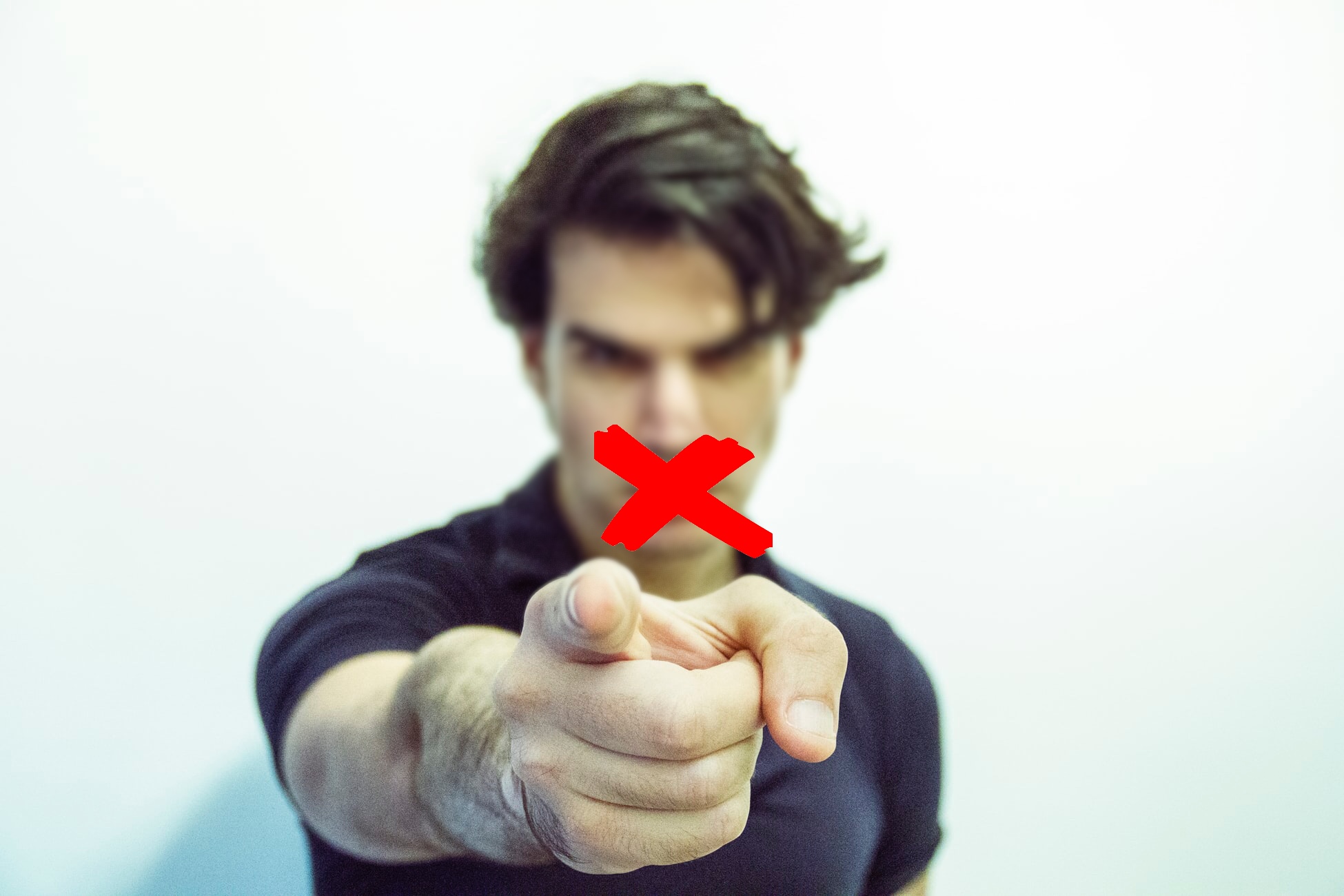
7. Avoid shaming and blaming.
When survival anxiety is high and goods feel scarce, it’s easy to blame or scapegoat others, forgetting that we are all in this together. While we can’t fully eradicate our fears, we can work to understand how anxiety operates and how it affects us — for better and for worse. Anxiety can be useful when it signals a problem and motivates us to unite to solve it. By making a deliberate effort to hold on to our humanity, it can bring us together.
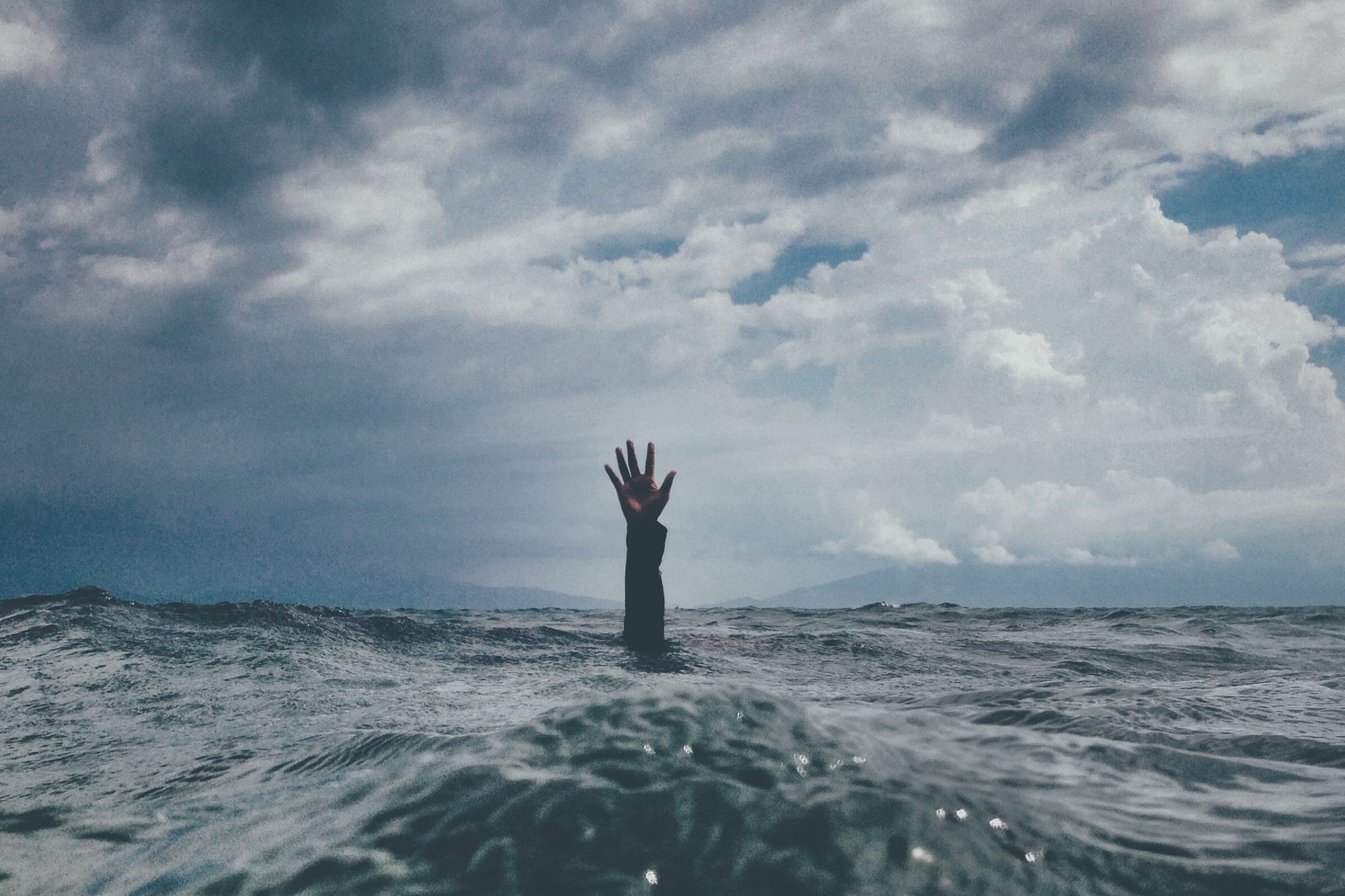
8. Don’t be afraid to ask for help.
Now is the time to turn toward each other. Grab some other clear-thinking person to ask what she thinks or what he would do about stockpiling food, or taking that plane trip, or talking to a child about what’s going on with grandma in the hospital and his school being closed. You may choose not to follow the advice you seek, but it’s essential to have other perspectives.
9. Practice self-compassion.
This moment calls on us to not only care for others but to also be gentle with ourselves. “Anxiety and fear,” Dr. Harriet Lerner, a psychologist and author, reminds us, “are physiological processes that cavort and careen through our bodies and make us miserable. They will subside, only to return again; they will arrive uninvited for as long as we live. So don’t be hard on yourself when you can’t shut yourself off from fear and pain — your own and the world’s. Fear isn’t fun, but it signals that we are fully human.”
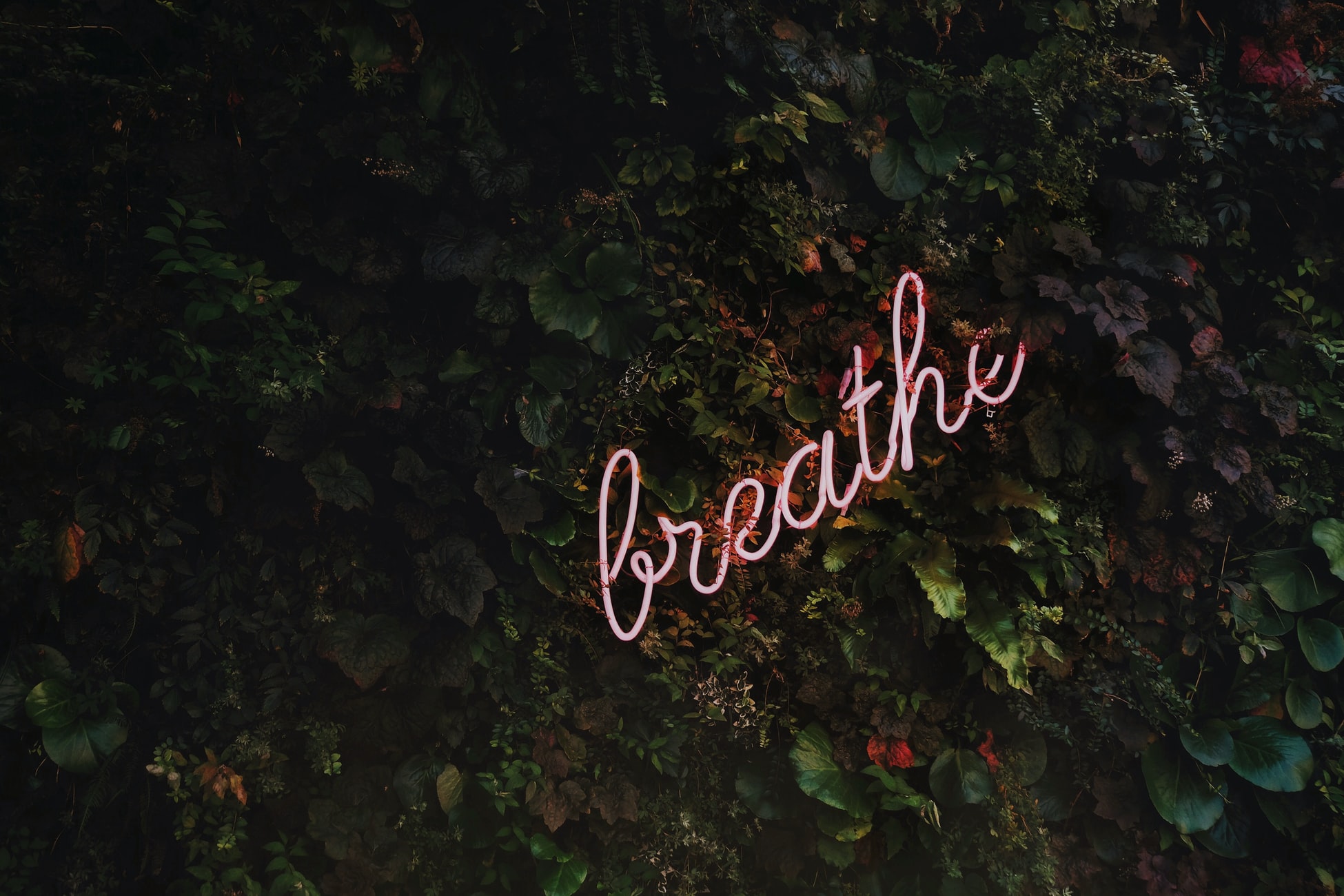
10. Don’t let fear and anxiety become pandemics, too
In these stressful times, it’s important to try to manage our own anxiety and do our best not to pass it on to others. But most important, Dr. Lerner says, “we should not let fear lead us into isolation or stop us from acting with clarity, compassion and courage. Terrible things happen, but it is still possible to move forward with love and hope.”
Dr. Lerner was speaking to the New York Times
